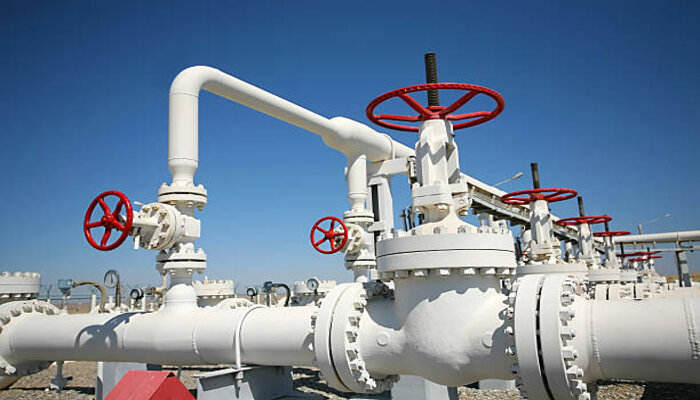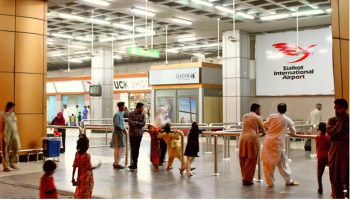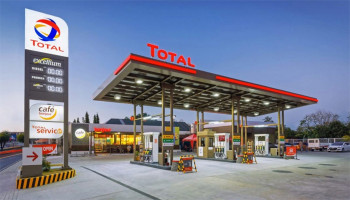
In the wake of an increasingly disrupted supply of gas, during Ramadan, in the areas falling under its jurisdiction, Sui Southern Gas Company (SSGC) on Monday took appropriate measures to address complaints regarding insufficient provision of gas that began emerging.
Since the onset of Ramadan in the country, the already insufficient gas supply in SSGC-controlled areas across Pakistan has reportedly been aggravated.
In a move aimed at addressing the public woes surrounding the improper supply of gas during Sehr and Iftar, Prime Minister Shehbaz Sharif took serious notice of the problems encountered by the public, issuing directives to the relevant authorities to look into the matter.
As part of the measures taken to address the throttling gas supply, SSGC has announced the following:
- Increasing gas pressure by 10%
- Opening gas distribution centres 30-45 minutes before Sehr and Iftar to cater to areas with low supply of gas
- Arranging an additional 20 million standard cubic feet per day (MMCFD) to meet rising demand during Ramadan 2025
- Establishing control rooms at head and regional offices to regularly monitor gas supply networks
- Overseeing low gas complaints on an emergency basis
Regarding the stability of gas pressures during Sehr and Iftar times, Sui Northern Gas Pipelines Limited (SNGPL) General Manager Peshawar Waqas Shinwari claimed that the provision of gas was ensured steadily across all the respective jurisdictions of the gas regulatory authority. He highlighted that 100 MMCFD and 110 MMCFD gas was provided during Sehr and Iftar times, respectively.
The SNGPL GM stated that no complaints were lodged by consumers pertaining to inconsistent gas pressure, as the authority thoroughly watched over possible flaws in gas supply networks during peak hours for demand.
















